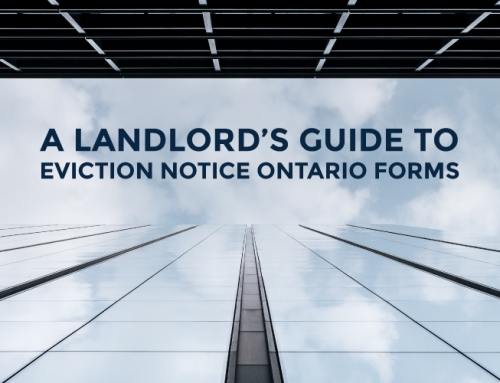Landlord Tenant Act Lease Agreement Ontario. The Landlord and Tenant Board (LTB) resolves: disputes between residential landlords and tenants. eviction applications filed by non-profit housing co-operatives. Ontario's LTB resolves disputes between landlords and tenants and gives them information about their rights and responsibilities.

With this contract one party that has superior title to the property, i.e. the landlord, grants possession and use.
A tenant lease agreement or rental agreement should include: The names of the tenants and the landlords.
Tenants are responsible for leaving leased property in the same or better condition than when the occupancy began. The landlord-tenant relationship is founded on duties proscribed by either statutory law , the common law. The tenant continues to inhabit the property after the lease expires.








